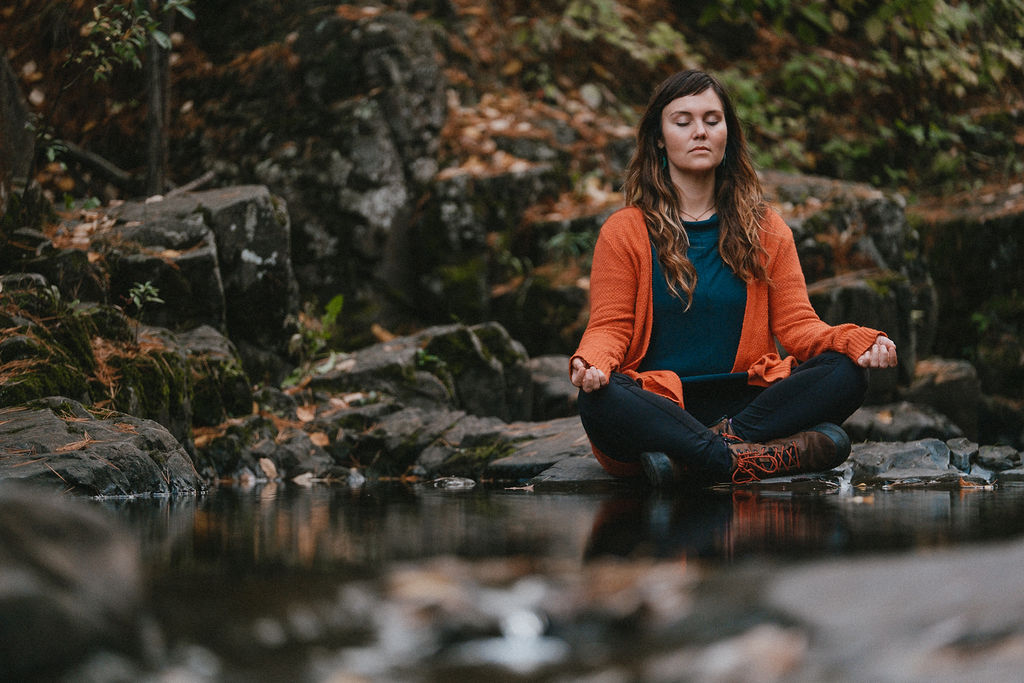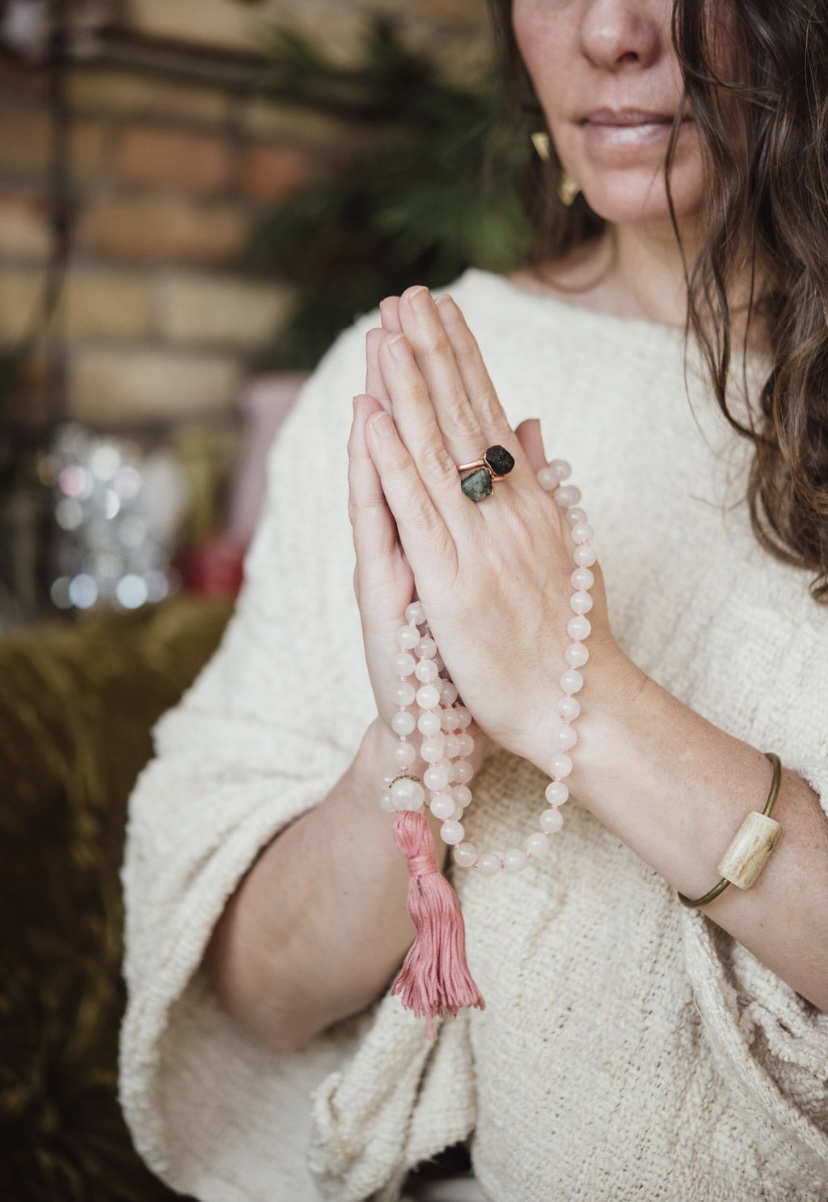Life seems to be moving at a faster pace these days. The technology we hold in our hands allows us to connect and share information around the world, yet we’ve become disconnected from ourselves and our surroundings.
The stress and pressure set upon us by our busy modern lifestyle takes a mental and physical toll, and if left unchecked, we suffer. Through the practice of meditation, we can learn to reconnect with our basic nature to relax, reduce anxiety, and heal ourselves.
“Meditation is an ancient practice of self-discovery, a tool for cultivating inner peace, and a powerful technique for promoting holistic well-being,” explains Brigette Nies, healing practitioner and owner of Ancient Traditions Healing in Grand Marais. “For me, meditation is about observing things the way that they are, without judging or overthinking. Having a regular meditation practice helps keep me centered, balanced, and anchored in the present moment.”
There are many kinds of meditation practiced by cultures all over the world. Some popular types are progressive relaxation, mindfulness, spiritual, focused, movement, mantra, loving-kindness, and visualization meditations. Not all types work for all people, but there is no barrier to entry—anyone can try them, find a method they enjoy, and reap the health benefits.
“I most often use a form of mindfulness meditation, where you simply sit in stillness and observe without attachment your thoughts and feelings,” Nies says. Mindfulness began as part of Buddhist philosophy and has been practiced for 2,500 years. When you’re mindful, you become aware of your senses in the present moment, and your natural curiosity guides you.

Nies also enjoys focused meditation using breathwork like Pranayama, an ancient breathing technique that originated in India. “I find that this style of meditation, as well as mantra meditation, can be a good starting point for those new to meditation because it gives the mind something to do, focusing on the mantra or the breath pattern,” she says. “Moving meditations can be great practices as well, especially for those who find it difficult to settle into stillness.”
The positive effects of meditation are far reaching. Reduced anxiety, lower blood pressure, better sleep, improved memory and focus, and even pain reduction are among the benefits. Growing research suggests that regular meditation can actually physically restructure our brains, eventually boosting neuron density and brain volume.
“Meditation can benefit the mind-body-heart connection,” says Rebecca James Alsum, a certified qigong trainer and yoga instructor at Svälja Yoga (pronounced “svehl-yah”) in Duluth. “It can be beneficial to bring awareness to sensation in the body, emotional states, and curiosity towards the human experience.”
“Sometimes meditation can be used to connect to stillness and peace, working with compassion and gentleness,” she continues. “This can be a breath of fresh air in a fast paced, instant gratification culture. It can be a tool to find grounding energy that roots us in a way that offers us connection, perspective, and presence.”
Qigong (pronounced “chee-gong”) is an ancient healing strategy of Chinese origin that combines meditation with gentle movement and breathing techniques. “In qigong meditation, we are working with the wisdom of our life force energy to bring healing and balance to our bodies,” Alsum explains. “We bring our awareness inward, connecting to our heart, and use the power of our visualization and breath to open energy channels. We use meditation to nourish our bodies.”
“For me, as a qigong and yoga practitioner, meditation grounds me in my own inner wisdom,” Alsum continues. “It is a way I can nourish my being, connect to my imagination, and my energy. I carry energy medicine within me, and meditation can be a way to access this medicine and offer it back to myself for healing and living into the fullness of my life experiences.”
Meditation alone can be incredibly healing, though it pairs very well with other healthy practices like yoga and massage. “I feel that when we combine modalities that there is the possibility for greater benefits with longer lasting results,” says Nies. “Because yoga and meditation can be practiced at home, I think they’re both great tools for maintaining the relaxation achieved during massage and managing discomfort between sessions.”

powerful technique for promoting holistic well-being. | SUBMITTED
While meditation can be learned and performed alone at home, it’s helpful to have guidance, especially when you’re just starting out.
“We welcome beginners to our classes,” says Alsum. “If you are new to meditation, we invite participants to take it slow, welcome in self-compassion, and to do your best. We are not a studio focused on performance, but connection to one’s self.”
Svälja Yoga offers trauma-conscious healing support through meditation, yoga, qigong, and fitness classes. Workshops, class schedules, and much more information can be found online at: svalja.yoga.
Ancient Traditions Healing offers massage therapy and bodywork, healing arts, yoga classes and one on one instruction, handcrafted herbal products and education, plus workshops and retreats covering a variety of holistic health topics. Sign up for the newsletter for information about a free introductory class on meditation and mindfulness: ancienttraditionshealing.com.




